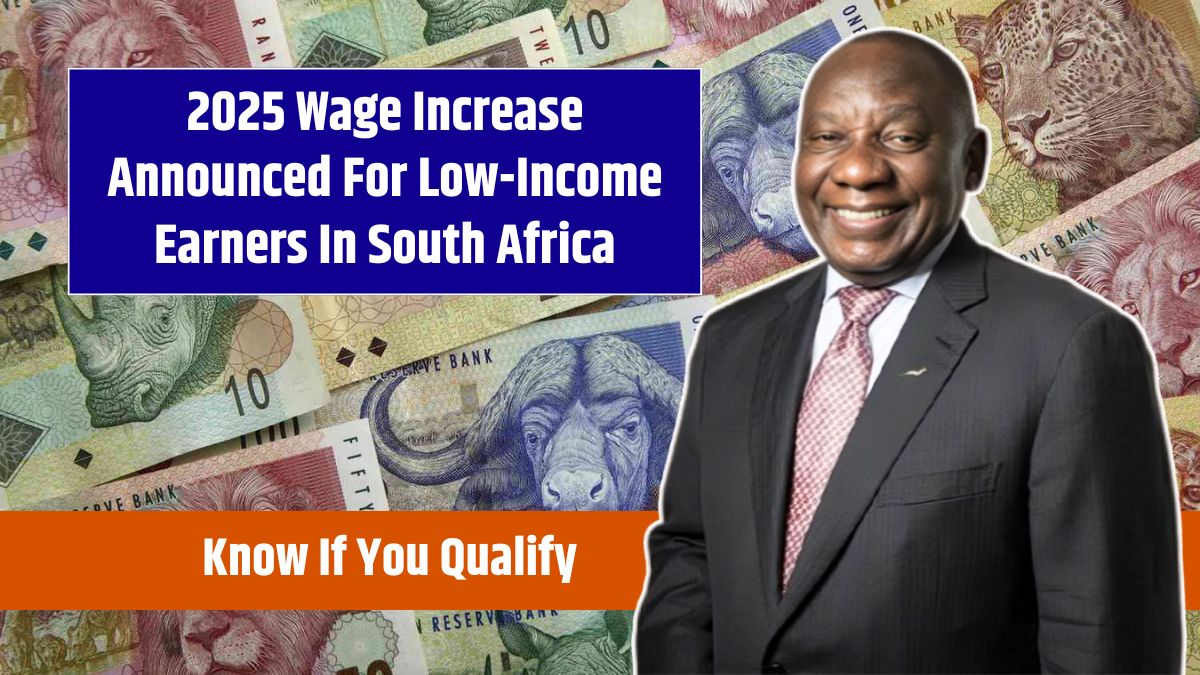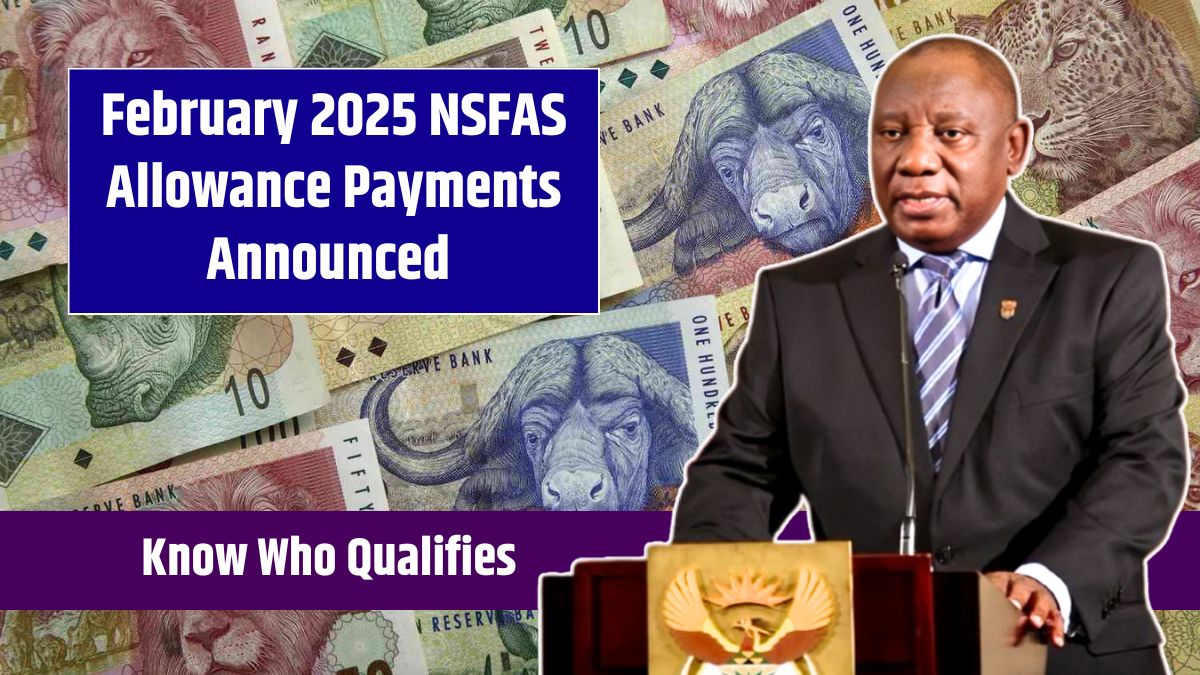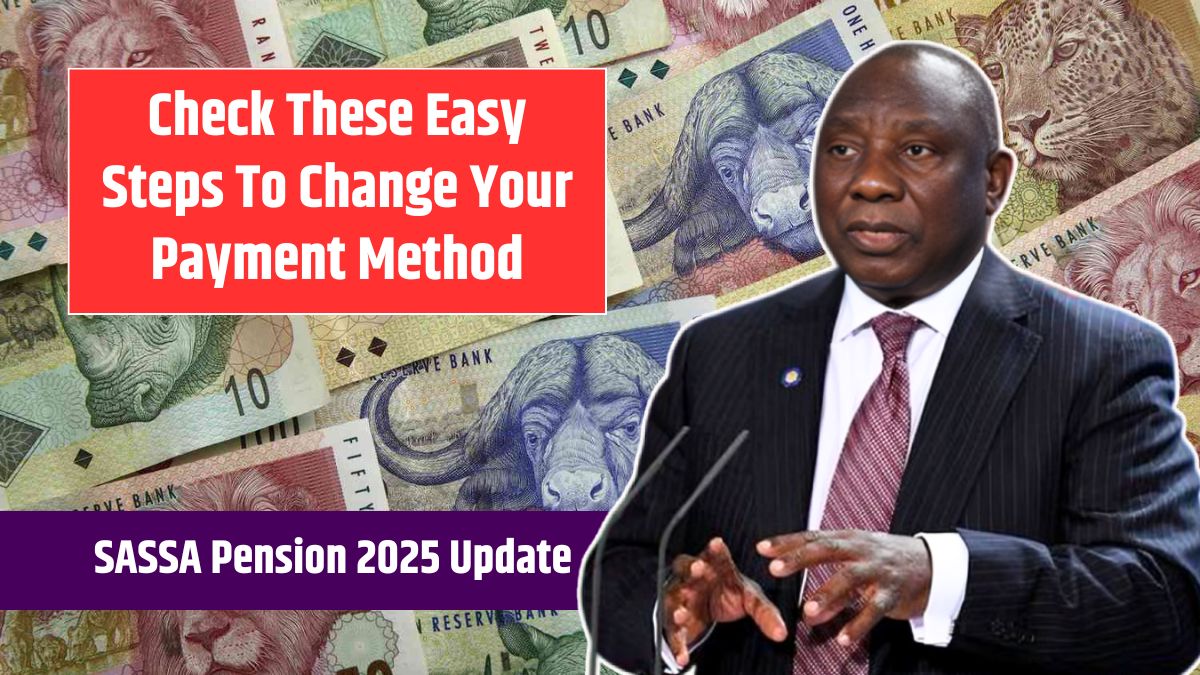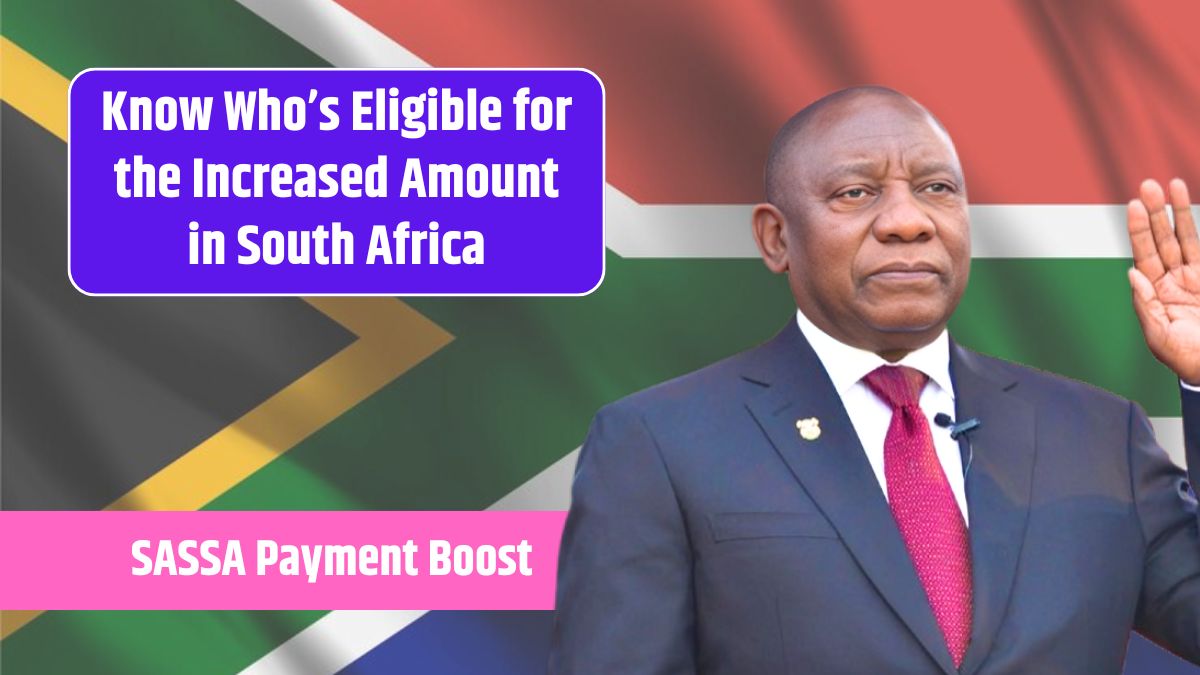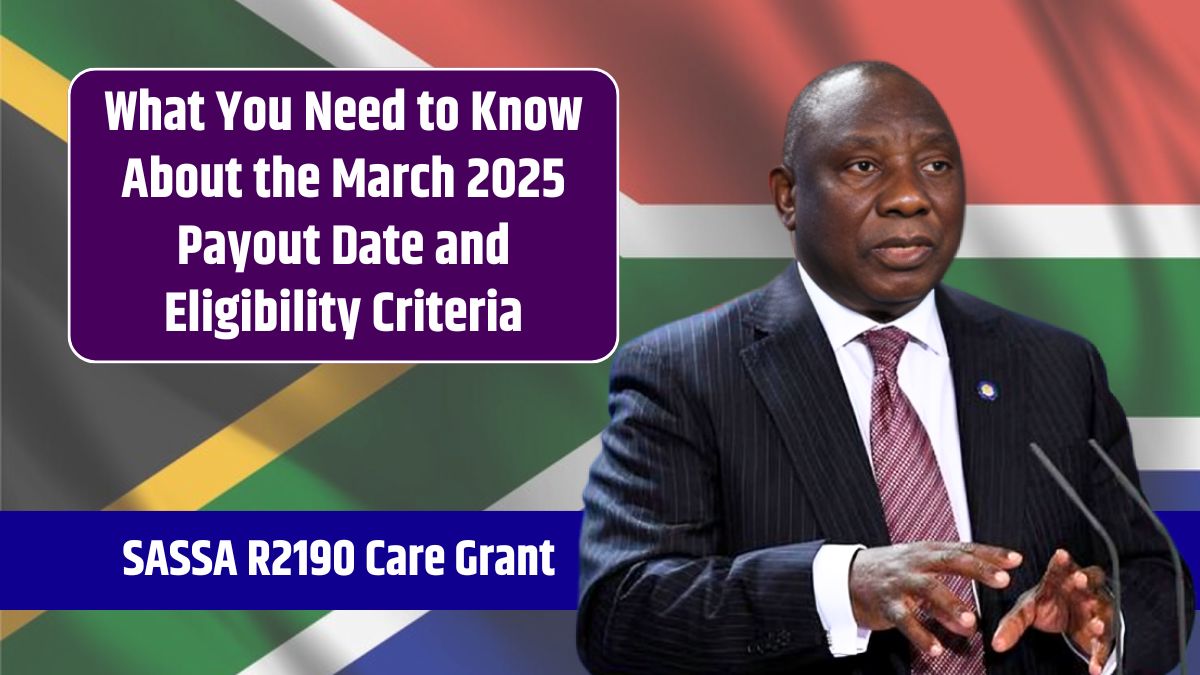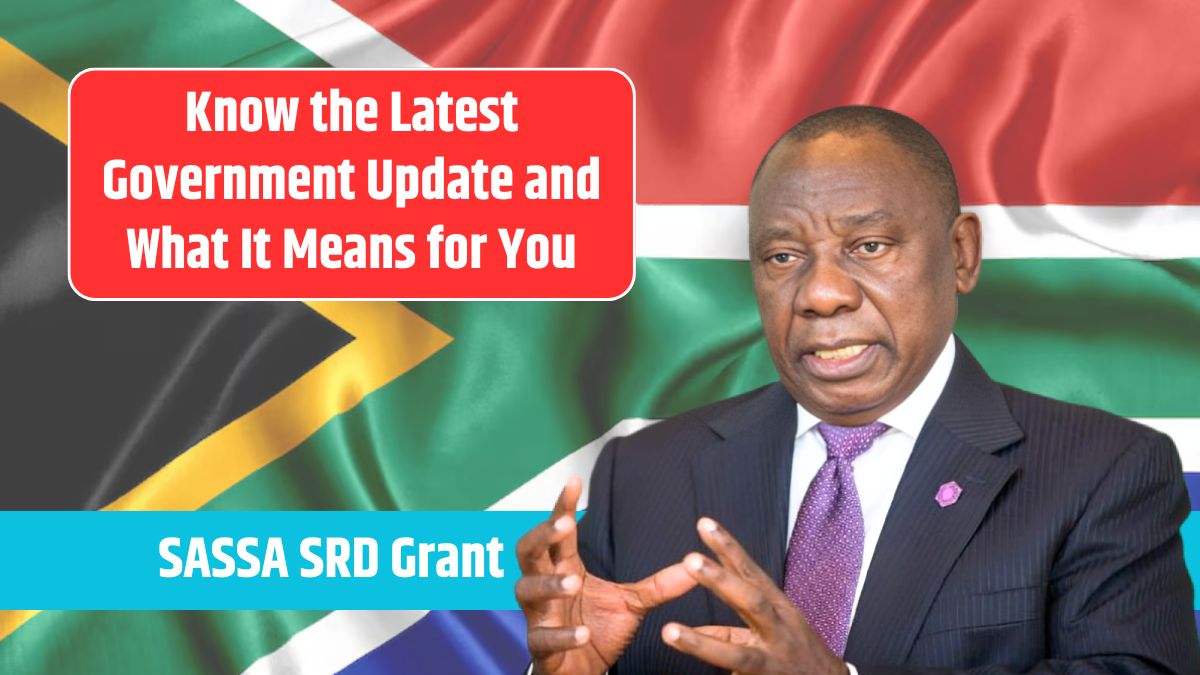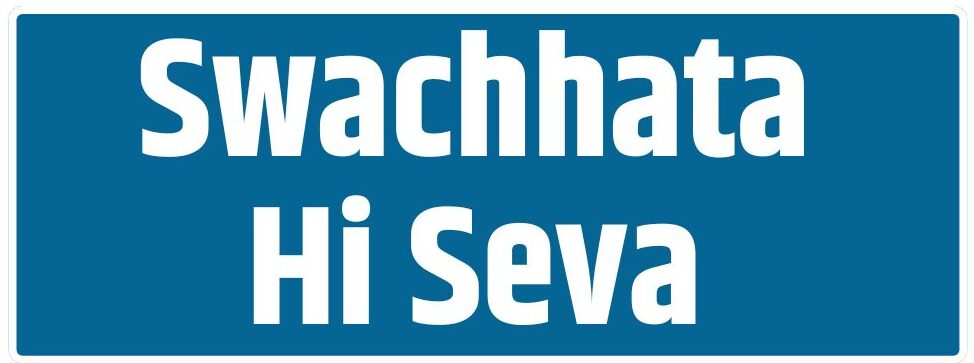The 2025 wage increase in South Africa brings important changes for workers across various sectors. The national minimum wage (NMW) has been raised to R28.79 per hour, benefiting low-income earners.
Public sector employees will receive a 5.5% salary hike, while private-sector wage adjustments depend on industry agreements.
These new wage regulations take effect on March 1, 2025, and all employers must comply. If you are unsure how this affects your salary, read on for a detailed breakdown of the changes, who qualifies, and what employers need to do.
Overview
| Aspect | Details |
|---|---|
| New National Minimum Wage | R28.79 per hour (up from R27.58) |
| Effective Date | March 1, 2025 |
| Public Sector Wage Increase | 5.5% salary hike for government employees |
| Private Sector Wage Adjustments | Varies by industry and collective agreements |
| Who Qualifies? | All employees earning below the new minimum wage or under new wage structures |
| Official Source | South African Labour Department |
The wage adjustment is aimed at improving workers’ earnings and keeping up with the rising cost of living. Employers must ensure they follow the new regulations to avoid penalties or labor disputes.
Wage Growth
South Africa adjusts its minimum wage annually to provide fair compensation to workers. In 2025, the National Minimum Wage (NMW) has increased to R28.79 per hour, helping workers across different industries earn a livable wage.
This increase also includes salary adjustments for certain public sector and private sector employees, ensuring wages keep pace with inflation.
Wage Increase
The wage adjustment aligns with:
- Inflation – Keeping wages in line with rising costs of goods and services
- Living Standards – Ensuring workers can afford essentials like food, housing, and transport
- Economic Growth – Promoting fair pay, boosting spending, and driving investment
- Worker Protection – Preventing labor exploitation and maintaining fair labor practices
Who Qualifies?
If you currently earn below R28.79 per hour, you must receive a pay increase starting March 1, 2025. This applies to most workers, except those covered by separate industry agreements.
Public Sector Employees
Government workers, including:
- Teachers
- Healthcare Workers
- Police Officers
- Municipal Employees
will receive a 5.5% salary increase. The government aims to retain skilled professionals and ensure better service delivery in these essential fields.
Private Sector Workers
Private-sector wage increases depend on:
- Union negotiations
- Employer policies
- Industry-specific agreements
Sectors like mining, retail, and hospitality are expected to implement wage hikes based on market conditions and collective bargaining agreements.
Impact
Workers previously earning R27.58 per hour in 2024 will now earn R28.79 per hour, an increase of approximately 4.4%. This provides extra income to manage daily expenses.
Improved Job Satisfaction
Higher wages can lead to better morale and increased employee retention, especially in industries facing high demand for skilled workers.
Increased Cost for Employers
Employers will need to adjust their payroll budgets to meet the new wage requirements. Companies must plan ahead to ensure compliance and avoid penalties.
Economic Impact
- Workers will have more disposable income
- Consumer spending may increase
- Businesses may raise prices to cover increased wage costs
What Should Employers Do?
Employers must ensure all employees are paid at least R28.79 per hour and adjust wages where necessary.
Update Payroll Systems
Payroll teams should update systems before March 1, 2025, to reflect the new wage rates and avoid payment errors.
Communicate with Employees
Transparent communication helps employees understand:
- Their new wage structure
- Expected benefits
- Any policy changes related to salaries
Plan for Increased Costs
Employers should:
- Budget for higher wages
- Assess how wage increases impact profit margins
- cost-saving strategies if needed
Seek Government Assistance
Businesses struggling with the new wage requirements may qualify for:
- Government support programs
- Tax relief incentives
Employers should check with the South African Labour Department for available assistance programs.
FAQs
When does the new minimum wage take effect?
The new minimum wage of R28.79 per hour starts on March 1, 2025.
Who qualifies for the 2025 wage increase?
Employees earning below R28.79 per hour and public sector workers receiving a 5.5% raise.
How does this affect private sector workers?
Private sector wage increases depend on employer policies and industry agreements.
What should employers do to comply?
Employers must update payroll, adjust salary structures, and communicate changes to employees.
Can businesses get financial help for wage increases?
Yes, some businesses may qualify for government support or tax relief incentives.
